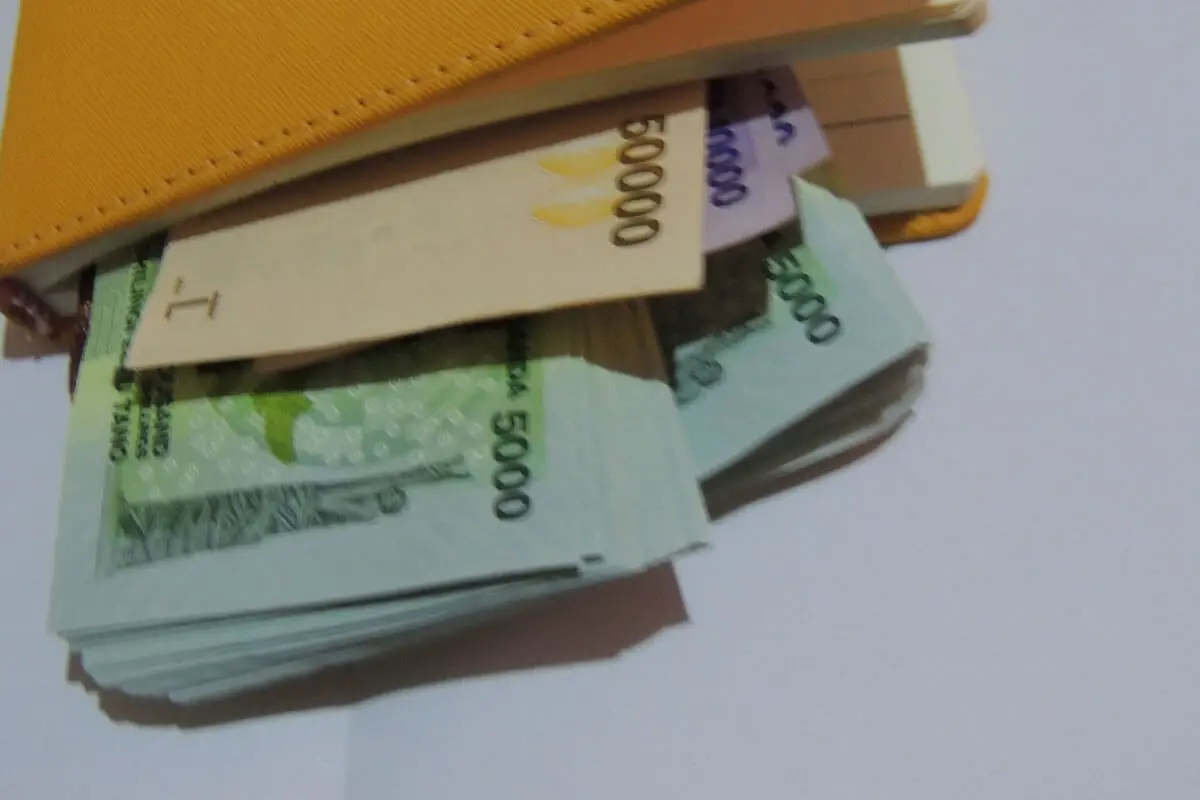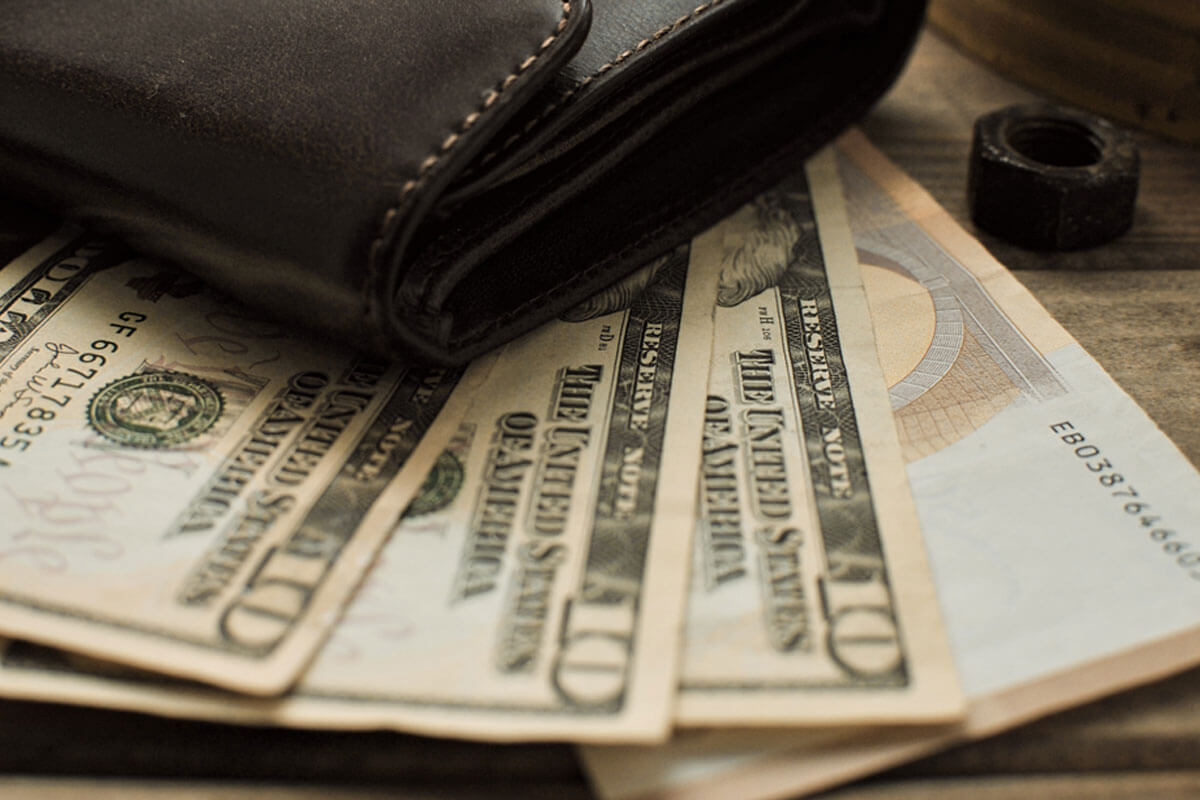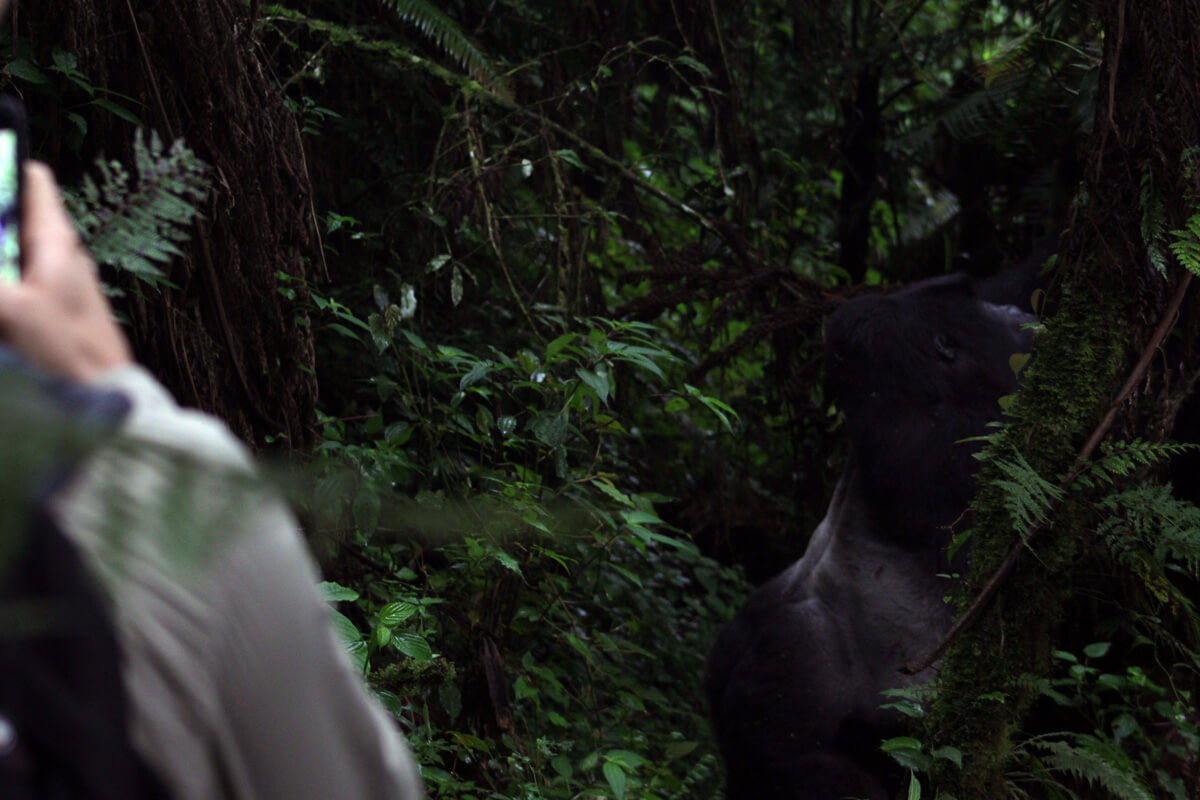Uganda is well-known for its abundant animals, stunning scenery, and fascinating history, making it an ideal safari destination. Travelling to Uganda is now easier than ever owing to technological advancements.
In this article, we will look at how technology has made it easier to handle money and finances while on safari in Uganda. This guide will provide you with all of the information you need to make your trip as smooth and stress-free as possible, from currency conversion to credit card use.
Safari Pocket Money In Uganda. All You Need To Know
1. What Currency Do I Use?
While in Uganda, it is best to use the local Ugandan Shilling for your everyday spending. As a tourist, your daily spending can include things like food and snacks, souvenirs or even giving a tip to someone who serves you.

For these and other such expenditures, having your money changed to a local currency makes everything easier since that is how everything is priced and paid for.
In tourist areas such as national parks, you can also use US dollars since the hotels and lodges already have pricing that is in US dollars.
2. Exchanging The Money
Exchanging your money should be done at the many foreign exchange bureaus and banks in Kampala and Entebbe. Up-country bureaus also exist but their rates might not be as competitive as you would get in Kampala.
3. ATMs
While many Ugandan banks have ATMs in all parts of the country, this is unlikely to be very helpful to most tourists. This is because your bank would need to already be working with the local Ugandan bank.
What you can do however is to pay with your cards using services like Mastercard and Visa as well as the newer money transfer phone apps. As a rule of thumb, it is better to sort your money in Kampala and then utilize the local mobile money.
4. Mobile Money
While cash is heavily used, Ugandans have been transferring money cashlessly with their phones for more than 10 years. This mobile money will work anywhere you have a cellphone network.

You simply go to an agent who deposits money on your phone number the same way you would with a bank, and then you can transact with that e-cash all you want. You are also able to directly receive from other people.
Given that as a tourist you might not choose to get a sim card, especially for shorter holidays of a few days, you can always use the phone of your guide since you will be with him/her for the duration of your stay. In cases where you are organizing and running everything by yourself, getting a SIM card registered is an easy process that takes less than 10 minutes.
The popular networks are AIRTEL and MTN and they can each transact cross to the other network, so it shouldn't matter which one you choose.
5. Can I Use My Credit Cards While In Uganda?
There is limited use of credit cards in Uganda and much of Africa. It is unlikely that you will be able to use your credit card while on safari.
Depending on your specific bank, your card might be able to work with local banks here in Uganda but this is the exception and not the rule.
The best solution is to ask your chosen tour operator and have them make confirmation with the local banks in Uganda. It is often easier with a debit card, but it is advisable to get confirmation based on your exact bank.
6. Is There Visa / MasterCard
In many hotels/lodges and other places, you can use Visa or Mastercard to make payments for goods or services. While this comes with great convenience, only bigger businesses have this option, and at times the transaction charges can seem much.
If it is possible, we advise the use of mobile money or cash - both USD and Uganda Shillings depending on what you need.
7. How Much Money Should I Carry?
The amount of extra safari cash for your spending (pocket money) depends on your ways of spending as well as the goals and length of your trip.

This safari pocket money is what you will use to pay for services and goods that are not indicated as part of your all-inclusive package. From buying a beer, some souvenirs, or tipping the servers at the various places you will visit, your pocket money depends on so many things.
Some people recommend a figure of around 100 dollars per day while others say 50 USD is okay. Given that you might come across lovely souvenirs while still on the safari, the above figures might not always work well.
It is always good to consider that you might want to take a few more gifts for the people back home.
8. What If I Run Out Of Money?
Running out of money can happen to anyone, for any number of reasons. The good thing with technology is you can easily talk to anyone in any part of the world and they can send you money via various banking technologies.
The first step is to calm down and talk to your guide or hosts as you try to figure out a way of getting more money. The most important thing to keep in mind is that you can ask for help and people are usually more willing to help if they can.

While running out of money isn't a disaster as it once was when communication was hard, it is important to plan better and protect your money and property from theft.
In many cases, this is the advantage of going with a trusted safari company so that the logistics of your trip are taken care of ahead of time.
Final Thoughts
To summarize, Uganda is a beautiful country that is rich in culture, history, and natural beauty. And, with technology making everything easier, visiting the pearl of Africa has never been easier.
You no longer need to be concerned about the financial aspects of your travel, from converting money to how you can safely move with your safari pocket money. With proper planning & preparation, you can easily receive money while in the savannah with the elephants and just as easily pay for souvenirs while you are deep in the forest for your personal face-to-face with the gorillas.
So, if you're thinking of going on a safari in Uganda, don't let these questions about money be an impediment. Utilizing the available technologies, you will find it easy. And there is a reason why many people love their visit, they can't all be wrong or lying.
